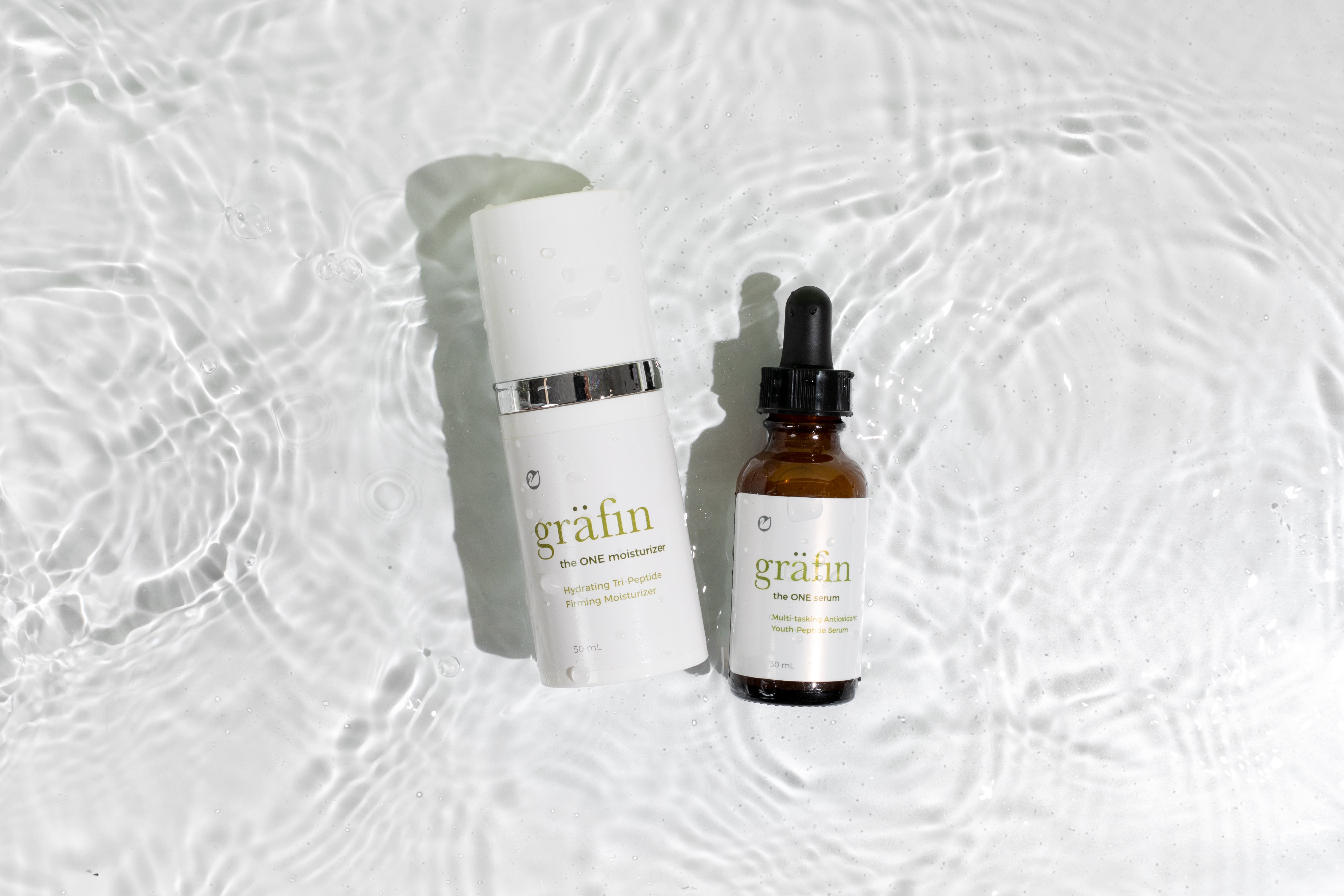The Skin Diet: Dry Skin Edition
NOTE: Recently, there has been a lot of chatter about how diet can affect the skin's overall health and appearance. I'm here to say 100% yes that is true, but many things are still unknown. The following conversation is based on current scientific thought, and the information may change as more studies are conducted.
The Skin Diet: Dry Skin Edition
Supporting your dry skin through diet can play a vital role in how your skin ages and help minimize common frustrations such as red, scaly, or itchy skin.
Dry skin happens when we lack lipids, essential fatty acids, cholesterols, and ceramides in the body to keep the skin naturally moisturized and functioning optimally. Without these natural lubricants, the skin looks like a brick wall without the mortar, thus allowing allergens and other foreign invaders to get in and precious water to get out, leaving the skin dehydrated and vulnerable to a myriad of issues. Beyond that, these lipids and fatty acids keep the skin plump, and without them, our skin will age quickly.
To help the skin create the 'mortar' that holds everything together, you can supplement Omega-3 fatty acids (found in oily fish like mackerel and salmon), Omega-6 (Borage seed oil and Evening Primrose).
To stimulate skin repair cycles, adding vitamin C to create more collagen-producing enzymes and zinc to help maintain collagen density to better lock in hydration. Both C and zinc are readily found in foods, but a quality multivitamin could help ensure that you get the right amount if your eating habits aren't ideal.






Leave a comment
This site is protected by hCaptcha and the hCaptcha Privacy Policy and Terms of Service apply.